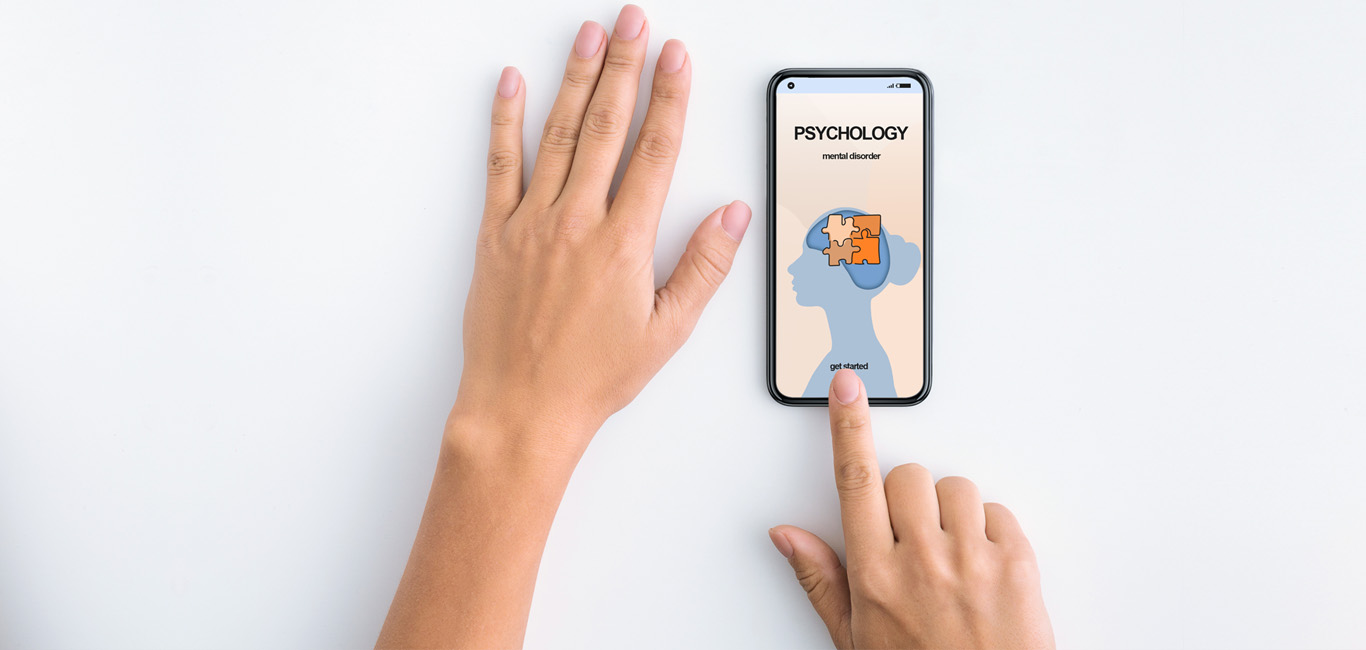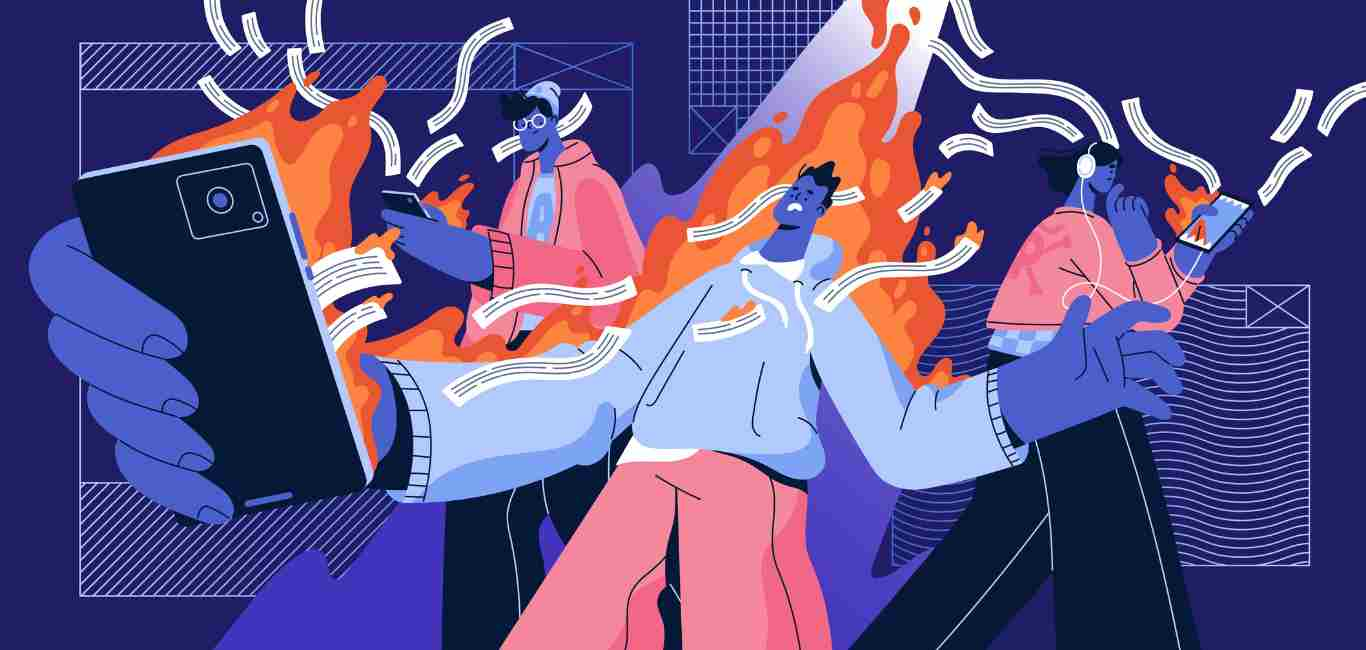
The continuing stigma around mental health tends to be dismissive of individuals opening up about their issues, causing many to seek help through self-help books and videos. Sadly, the plan of strengthening one’s mental health falls flat as many cannot successfully carry on with it.
Backing this is a 2018 study conducted by the Live Love Laugh Foundation on how India perceives mental health. It found that nearly 60 per cent of the respondents felt that individuals undergoing mental health issues lacked self-discipline.
Also 68 per cent felt that society had the responsibility of providing help to those facing mental health issues.
The National Mental Health Survey of India (2015- 16) has estimated that only about 10-12 per cent of people suffering from depression in India get treated. These numbers throw light on the urgent need for support and preventive measures.
Fact File
- In India, the ratio of psychiatrists and counsellors to population remains a cause for concern. According to a December 2021 report by consulting firm Deloitte, India has only 29 psychiatrists and 0.07 psychologists per 100,000 citizens.
- In comparison the corresponding figures in low and middle-income countries stand at 0.52 psychiatrists and 0.26 psychologists for every 100,000 individuals. Experts believe this is a gap that can be bridged to some extent by mental health apps.
Easy access to help
Given the paucity of mental health professionals, mobile apps are filling the gap as first-level intervention. “In India where there is a lot of stigma and difficulties attached to seeking help for mental health, mobile apps make it easier to reach out to a counsellor,” says Dr Jini K Gopinath, Chief Psychology Officer at YourDost, a mobile and web-based counselling platform.
In fact, a 2018 study done by researcher Pooja Chandrashekar, a medical student at Harvard Medical School, contends that mobile apps are a good choice for psychological treatment because they are habit-forming, require low effort as compared to seeking out a trained professional physically, and provide motivation that is hedonic in nature, i.e. related to providing a sense of accomplishment or pleasure.
How do you choose?
To assess which mental health app would be right for you, you need to first identify the issues you wish to tackle or behaviours you want to change. There is a plethora of apps to deal with different challenges, including those to counter stress and anxiety, help to quit addictions, enhance productivity, used for therapy, and those for boosting mood and enhancing sleep.
The United States National Institute of Mental Health (NIMH) classifies mental health apps into six categories: self-management, cognition improvement, skills training, social support, symptom tracking, and passive data collection.
There are a few pointers to avoid while selecting an app. Apart from privacy issues, the application should not possess any inconsistencies in engagement, or be restricted to just one disorder, as psychological symptoms can be manifold.
4 key criteria
Researchers point towards four major drivers of an effective mental health application:
- It should possess a simple user interface.
- It should have a high patient engagement
- It should provide forms of self-monitoring; and
- It should be able to interlink multiple symptoms, as psychological disorders can be highly co-morbid (that is, possessing multiple conditions at the same time).
“Mental health apps also work best when they are seen as a tool to supplement real-life treatments. For example, we practise bibliotherapy, or making people read books, as part of the treatment. In such cases, applications can help to keep the person engaged in the task,” adds Dr Gopinath.
The physical aspect
Experts suggest that mental health apps work best alongside goals related to physical activities, such as a step counter or running-based applications. This is because exercise has been shown to help reduce anxiety and symptoms of depression.
Hence, while choosing a mobile app, it would benefit the user to be slightly focussed on a physical goal, such as walking a certain number of steps, or finishing a gym routine.
“I have used Headspace, Mindvalley and Calm. While Mindvalley helped me overall through solutions catering to relationships, mind, body and soul, it also felt like an app that is beginner-friendly,” says Divya C, Interaction Designer at a multinational technology company in Bengaluru. “I feel that Headspace and Calm, which are meditation apps, work better for users who are already aware of their mental health,” she adds.
For individuals with severe symptoms of mental health, such applications may not be feasible. Such individuals may not be in a position to engage with the application’s interface and complete its modules, and user engagement is a critical aspect of the efficacy of these applications.
“These apps can help when the client has had experience with real-life therapy, so they know the therapeutic process and can use the app to its best potential,” explains Dr Gopinath.
A matter of will
“If you are a person easily distracted by the phone, then meditation apps might not work for you. If it is an app that helps with journaling or tracking habits, it can only provide reminders. Who is going to push the person to use the app and enter values on a daily basis? The user needs to do it without prompting,” points out Rijul Ballal, Clinical Psychologist at Heart it Out, Bengaluru.
What is one looking for?
- Find what you really need: Are you looking to sleep better increase attention? Reaching out to people to talk to or just gather more information on mental health? Talking with somebody who knows how to use certain apps could help make appropriate decisions.
- Do your research on the app. Websites such as Mindapps and OneMind Psyberguide offer reviews of mental health apps.
“Mental health is subjective, hence I encourage all my clients to read forums to get first-hand knowledge of how users felt using the application,” says Ballal.
- Look carefully at the privacy policies. A 2018 study by internet company Mozilla found that top mental health apps and prayer apps had serious shortcomings in terms of privacy policies. Mozilla’s study showed that 28 out of 32 apps studied had privacy concerns.

















